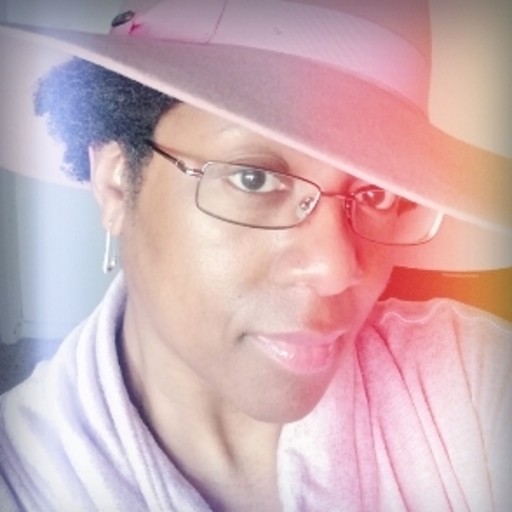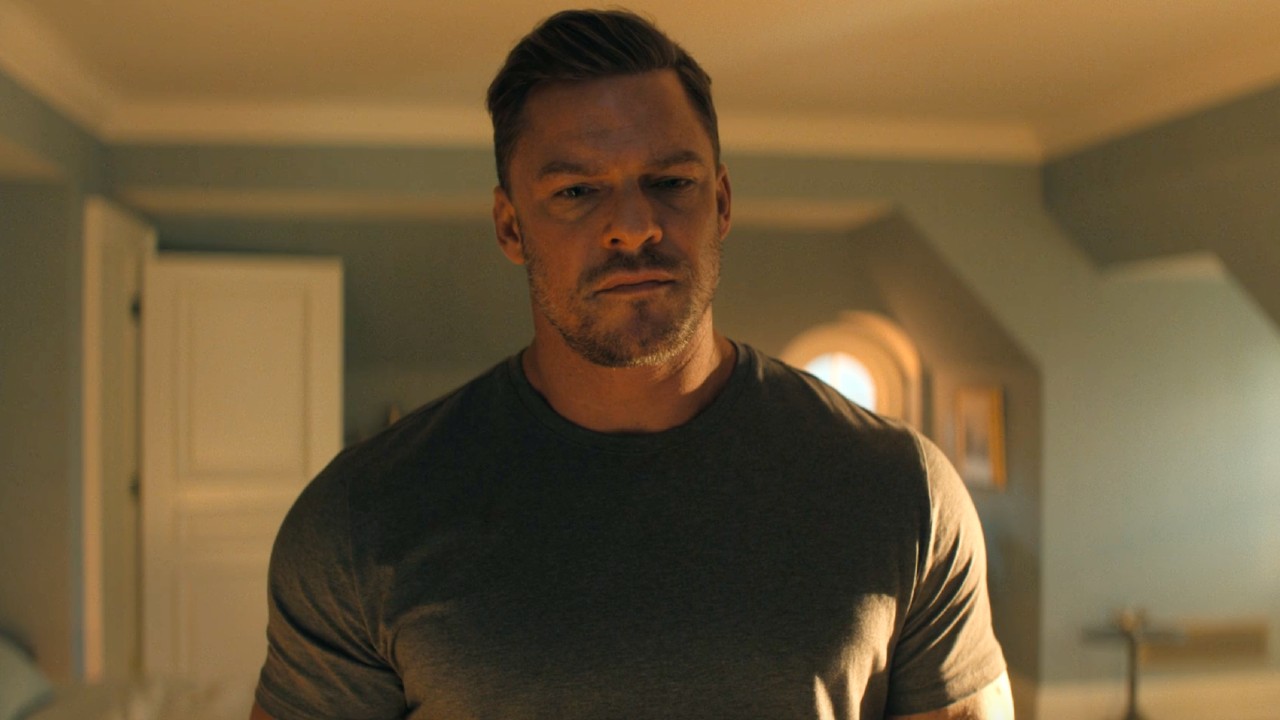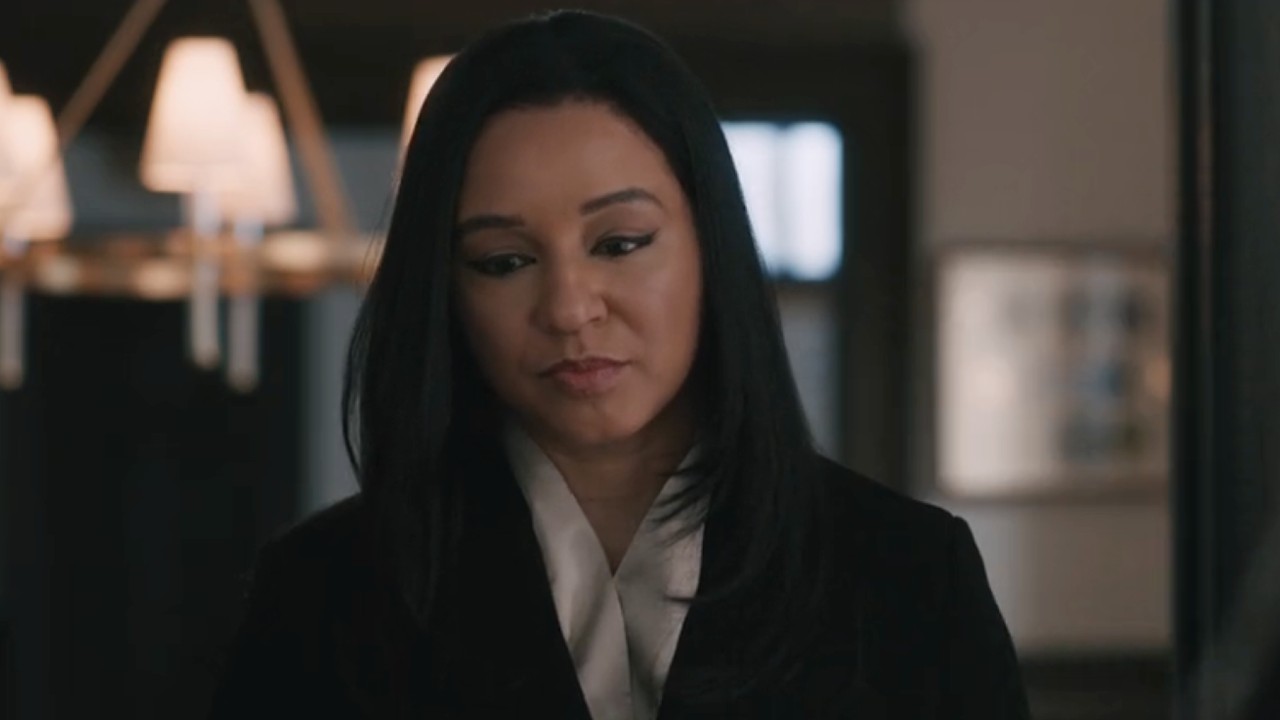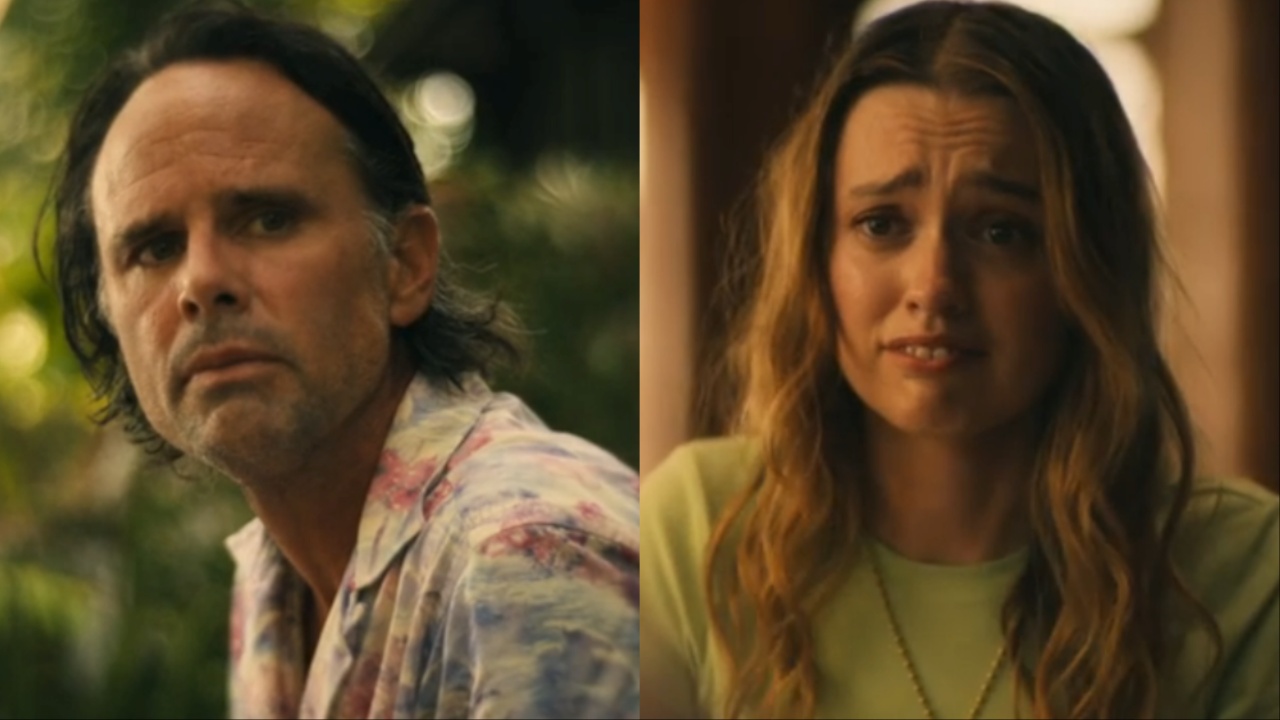How Gods Of Egypt Is Dealing With Allegations Of Racism

Hollywood has a long history of casting white actors in roles that should, arguably, go to actors of other ethnicities. Native Americans in those classic Westerns? Usually white. Mickey Rooney in Breakfast at Tiffany’s? Totally white. The 2007 biography A Mighty Heart, which had Angelina Jolie playing a mixed race woman. Every time it happens recently, people complain and usually get what they consider to be unsatisfactory answers. This time, though, one of these types of complaints has actually gotten an apologetic response.
When the first trailer for the Alex Proyas helmed film Gods of Egypt premiered a couple of weeks ago, the outcry over the whitewashing (also known as racebending) of the cast was louder than any possible buzz about the story of the film. Now, Forbes is reporting that the director and the company behind the movie, Lionsgate, have both issued apologies for their casting choices.
Gods of Egypt is about an epic battle between Egyptian gods Set (Gerard Butler) and Horus (Nikolaj Coster-Waldau), which results in Horus going into hiding, blind and defeated. When some humans get tired of Set bossing them around, they head out to find Horus and get his help to fight the god they now hate. With the exception of Chadwick Boseman, who plays Thoth, the main and supporting cast are largely played by white actors, despite being about Egyptian gods and the Egyptian people. The main apologies of the director and Lionsgate spoke directly to this, which was the main point of contention with those who’ve been objecting to the movie.
While Alex Proyas begins his apology by saying that the movie casting process has "many complicated variables," he goes on to say that they should have made more diverse casting choices when putting the film together. Lionsgate’s statement echoed that sentiment by noting that they should have promoted a casting that would "reflect the diversity and culture of the time periods portrayed."
Getting an actual declaration of remorse on the subject of whitewashing is extremely rare from any Hollywood production. The topic, regardless of the criticisms that come, is usually completely ignored by the filmmakers in question. In the case of recent flop Pan, which came under fire for casting a white actress as Tiger Lily, the director explained the situation away by saying that her community is a multicultural group, making it O.K. Ridley Scott, who came under fire last year for casting white leading actors in Exodus: Gods and Kings, came right out and said that the reasons for his casting choices were based on money.
Honestly, is anyone surprised by that? Whenever this happens, the reason, whether filmmakers cop to it or not, is always based in the financial rewards of having big stars in your movie. If you’re doing a big budget Hollywood film about Egypt, you’re going to want to make a profit. And, unless you get Will Smith or Denzel Washington to play your main Egyptian, you feel that white actors are your only choice. But, the more filmmakers do this, the fewer non-white actors we have leading potential blockbusters, and the more filmmakers defer to casting white actors in what should be non-white roles. It’s a vicious cycle.
Selma director Ava DuVernay recently applauded the filmmaker’s decision to show remorse for their casting choices. But, since we all know why it was done, what’s the point, really? Besides, God’s of Egypt looks so suspect as a possible hit, that it’s hard to feel bad for anyone but the actors who did get cast in the movie.
CINEMABLEND NEWSLETTER
Your Daily Blend of Entertainment News

Covering The Witcher, Outlander, Virgin River, Sweet Magnolias and a slew of other streaming shows, Adrienne Jones is a Senior Content Producer at CinemaBlend, and started in the fall of 2015. In addition to writing and editing stories on a variety of different topics, she also spends her work days trying to find new ways to write about the many romantic entanglements that fictional characters find themselves in on TV shows. She graduated from Mizzou with a degree in Photojournalism.









